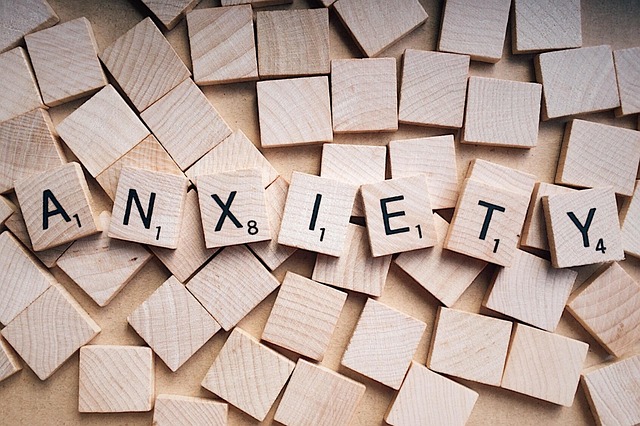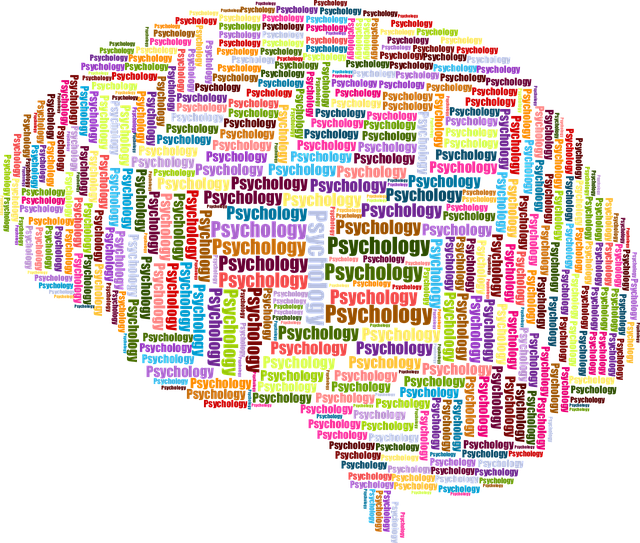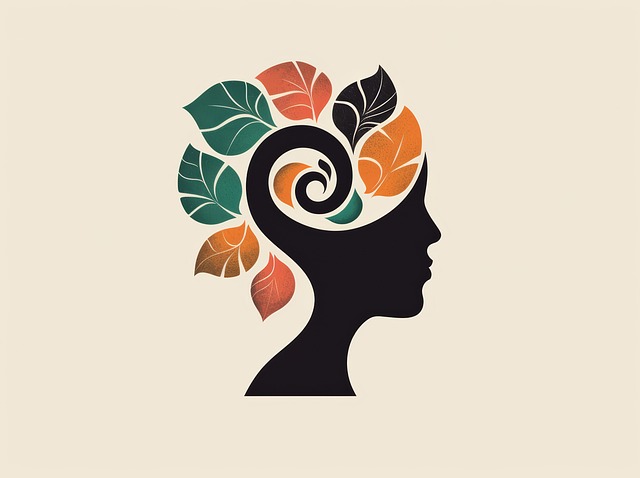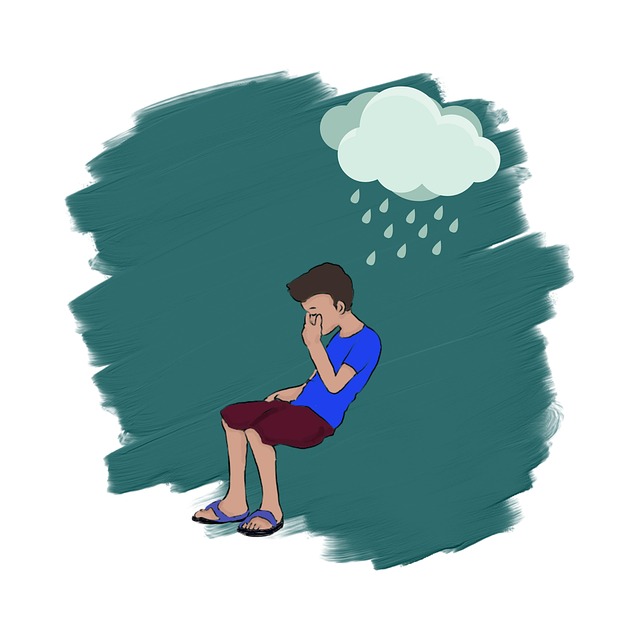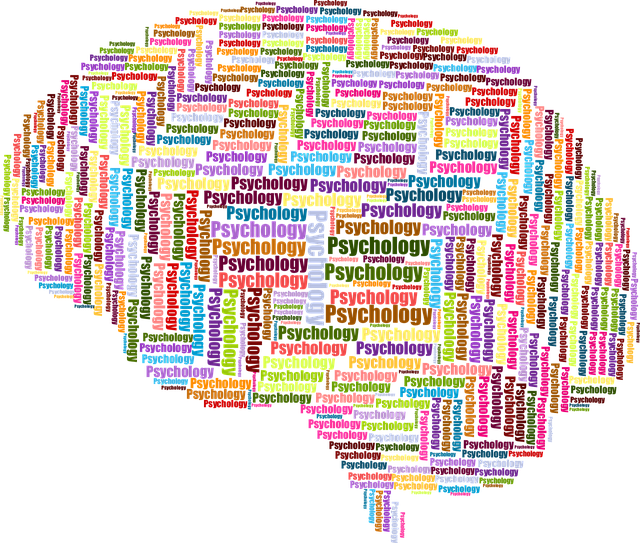Cultural sensitivity in mental healthcare, especially for learning disabilities, is vital in a globalized world. Healthcare providers need training in cultural competency to offer inclusive, respectful care and address stigma. This involves recognizing diverse beliefs, values, and practices, building trust, educating families, and adapting therapy practices. By incorporating cultural elements, guiding self-care, implementing community outreach, and tailoring journaling exercises, therapists can ensure effective therapy for learning disabilities while respecting diverse populations' specific needs and backgrounds.
In today’s diverse society, cultural sensitivity is paramount in mental healthcare. Understanding and addressing cultural nuances can significantly enhance therapy outcomes, especially for individuals with learning disabilities. This article explores key aspects of cultural sensitivity in mental healthcare practice, focusing on the unique challenges and barriers faced when providing therapy for learning disabilities. We also present effective strategies to enhance cultural competence, ensuring inclusive and effective support for all clients.
- Understanding Cultural Sensitivity in Mental Healthcare
- Challenges and Barriers in Providing Therapy for Learning Disabilities
- Strategies to Enhance Cultural Competence in Practice
Understanding Cultural Sensitivity in Mental Healthcare

Understanding cultural sensitivity in mental healthcare is paramount to ensuring effective therapy for learning disabilities and other conditions. It involves recognizing and appreciating the diverse beliefs, values, and practices that shape individuals’ lives, and how these can impact their experiences with mental illness and treatment-seeking behaviors. In a globalized society, where people from various cultural backgrounds access mental health services, healthcare providers must be equipped with cultural competency skills to offer inclusive and respectful care.
This sensitivity goes beyond mere awareness; it requires the integration of conflict resolution techniques tailored to cultural contexts and an understanding of how mental illness stigma varies across communities. Healthcare provider training in cultural competence is a game-changer, equipping them with the knowledge and skills to address Mental Illness Stigma Reduction Efforts. Such efforts are essential for fostering trust, improving access to care, and promoting healing that respects and validates diverse cultural experiences.
Challenges and Barriers in Providing Therapy for Learning Disabilities

Providing therapy for learning disabilities presents unique challenges that mental healthcare professionals must navigate with cultural sensitivity. In many communities, there is still a lack of understanding and awareness about learning differences, leading to stigma and discrimination. This can create barriers for individuals seeking support, especially those from diverse backgrounds who may face additional cultural or linguistic hurdles. For example, the concept of therapy itself might be unfamiliar or met with skepticism in some cultures, requiring therapists to build trust and educate families on the benefits.
Cultural sensitivity is crucial when addressing learning disabilities, as it involves understanding not only the individual’s unique needs but also their familial and community context. Therapists must adapt their practices to respect diverse beliefs and values while ensuring inclusive and accessible services. This might involve incorporating cultural elements into therapy sessions, offering guidance on self-care routine development for better mental health, or implementing community outreach programs to raise awareness and reduce the stigma associated with learning disabilities. Mental wellness journaling exercises can also be tailored to meet the specific needs and preferences of diverse populations.
Strategies to Enhance Cultural Competence in Practice

In enhancing cultural competence in mental healthcare, therapists can employ various strategies tailored to address diverse patient backgrounds and needs. One effective approach is crisis intervention guidance that respects and incorporates a client’s cultural framework for understanding and coping with crises. This involves learning about different cultural practices related to emotional expression and seeking help, as well as being prepared to offer support in a culturally sensitive manner.
Additionally, adopting mind over matter principles can foster meaningful connections with patients from various cultures. By demonstrating a willingness to understand and respect a client’s worldview, therapists create a safe space for open dialogue. This involves active listening, validating cultural perspectives, and using communication strategies that bridge any language or cultural gaps. Such efforts ensure that therapy for learning disabilities or other mental health concerns is accessible and effective for all individuals, regardless of their cultural background.
Cultural sensitivity is an indispensable aspect of mental healthcare, especially when addressing issues like learning disabilities. By understanding and overcoming challenges related to cultural barriers, therapists can provide more effective therapy for learning disability cases. Implementing strategies to enhance cultural competence ensures a supportive environment where diverse individuals feel understood and valued, ultimately improving therapeutic outcomes.


